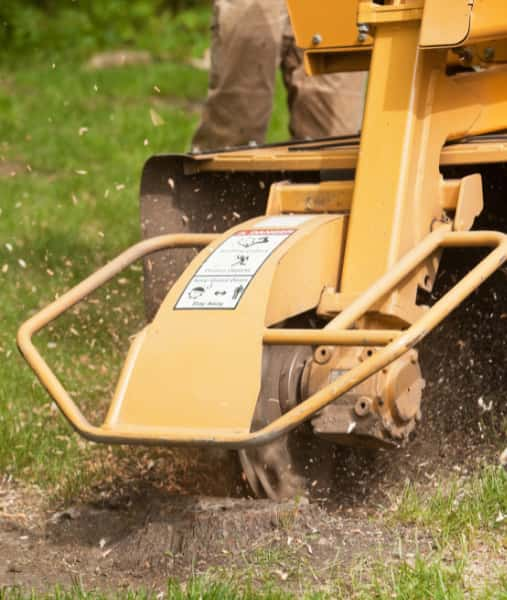Introduction
Not all leaning trees are dangerous—but knowing which ones are is the real challenge. In Chipping Ongar and throughout Essex, it’s not uncommon to spot trees growing at an angle. Some lean naturally due to light direction or soil conditions, while others may be on the verge of collapse, posing serious risks to people, property, or public spaces.
At Chipping Ongar Tree Surgeons, we’ve inspected countless leaning trees, and the truth is, many of them need attention sooner rather than later. In this article, we’ll explain what to look out for, why trees lean in the first place, and when to call in a professional tree surgeon.
Why Do Trees Lean?
A tree can lean for a variety of reasons, some harmless, others more concerning:
- Natural growth pattern – Trees often grow towards sunlight, especially if competing for space
- Uneven root development – Restricted or shallow roots may result in imbalance
- Soil erosion – Flooding, poor drainage, or excavation can undermine root stability
- Wind or storm damage – High winds can shift a tree suddenly or weaken its anchorage
- Disease or decay – Compromised root systems or trunk rot can cause a tree to lean gradually
The cause of the lean is just as important as the angle itself when it comes to assessing risk.
When a Lean Becomes a Danger
Not every leaning tree is a hazard, but certain warning signs should not be ignored. A professional assessment becomes vital if the tree shows:
- Sudden or recent leaning after a storm
- Soil cracking or heaving at the base
- Exposed or damaged roots
- A hollow, split, or decaying trunk
- Signs of fungus or pest infestation
- Leaning towards a structure, road, or footpath
If you spot any of these, it’s time to act. Trees can and do fall without warning, especially when their root systems have been compromised.
The Importance of a Tree Surgeon’s Assessment
Tree surgeons are trained to evaluate both the structural integrity and long-term viability of trees. At Chipping Ongar Tree Surgeons, we use visual inspections and root zone evaluations to determine whether a leaning tree can be saved, needs bracing, or should be removed.
Our approach includes:
- Measuring the angle and direction of lean
- Inspecting trunk condition and canopy weight distribution
- Assessing soil and drainage conditions
- Checking proximity to property or high-risk areas
- Recommending a safe and cost-effective course of action
In many cases, early intervention can stabilise the tree or reduce weight to prevent future problems.
What Can Be Done?
Depending on the severity and cause of the lean, there are several solutions:
- Cabling and bracing – Reinforces the structure without needing removal
- Selective pruning – Reduces canopy weight and wind resistance
- Soil amendments or drainage improvements – Helps root systems regain stability
- Tree removal – In cases where the risk is too great to justify preservation
Each situation is unique, which is why an experienced tree surgeon’s evaluation is essential.
Why Acting Now Matters
Leaning trees that go unchecked can lead to:
- Structural damage to homes, fences, and outbuildings
- Injury to people or pets
- Legal liability if a tree falls onto neighbouring property or public roads
- Higher emergency removal costs if the tree collapses unexpectedly
Proactive care is safer, more cost-effective, and gives you peace of mind—especially during high winds or stormy seasons.
Conclusion
If you’ve noticed a leaning tree in your garden or on your property, don’t rely on guesswork. While some trees naturally lean without issue, others may be quietly deteriorating below the surface. At Chipping Ongar Tree Surgeons, we offer expert assessments and tailored solutions to keep your trees—and your surroundings—safe and secure.
Don’t wait for a fall to find out. Contact our professional team in Chipping Ongar, Essex today for advice, inspection, or tree surgery that protects what matters most.
Call us on: 01277 674 993
Click here to find out more about Chipping Ongar Tree Surgeons
Click here to complete our contact form and see how we can help with your tree care needs.

